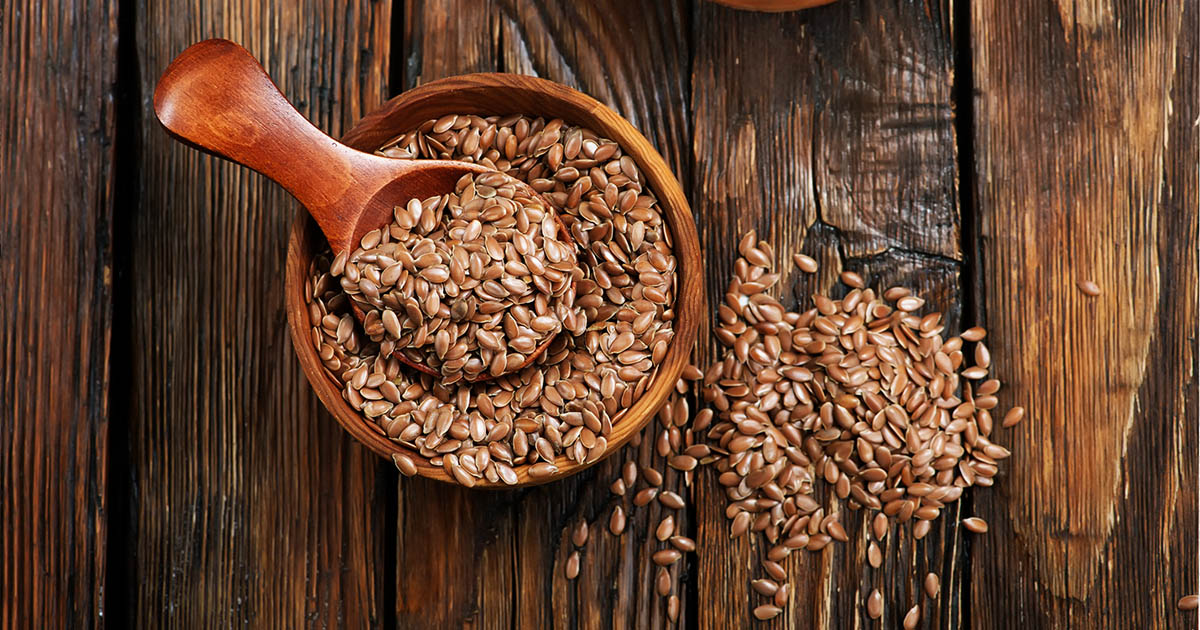What Is The Budwig Diet?
A cancer diagnosis can be very scary. While chemotherapy, radiation, and surgery are the most commonly used treatment methods, several alternative treatments can be utilized to complement traditional cancer therapy. The Budwig diet is one such method. It was created in the 1950s by a biochemist named Johanna Budwig and consists of the prohibition of certain foods thought to aid in the growth of cancer, such as processed foods and sugar. While the Budwig diet has not been proven as an effective treatment and alone is not thought to eradicate cancer, it is often used as a complementary method to other cancer treatments.
What The Diet Is Used For

As stated, the Budwig diet was created by Dr. Johanna Budwig under the premises that foods high in polyunsaturated fat can help limit or even prevent cancer from reproducing and spreading to other areas of the body. Dr. Budwig theorized these polyunsaturated fats aid in the reproduction of cellular membranes. Cancer prevents these membranes from reproducing, leading to cellular dysfunction and the cessation of cellular division and reproduction. Dr. Budwig believed eating foods high in linoleic acid and linolenic acid (essential polyunsaturated fatty acids) would aid in increased cell membrane reproduction in individuals struggling with cancer.
Foods To Eat On The Diet

Individuals following the Budwig diet as a complementary cancer treatment method have to eat foods high in polyunsaturated fats. More specifically, the diet requires the consumption of many servings of flaxseed oil mixed with cottage cheese on a daily basis. Yogurt or milk can also sometimes be substituted for cottage cheese, if necessary. In addition, individuals on the Budwig diet must also consume multiple daily servings of various fruits, vegetables, and food loaded with fiber, such as lentils, chia seeds, split peas, black beans, oats, and certain nuts, including almonds, pistachios, and sunflower kernels. Individuals are also allowed to eat minimal portions of wild caught fish.
